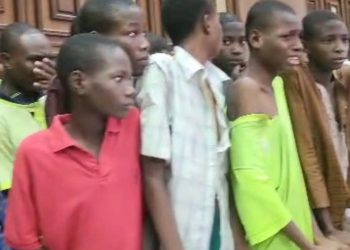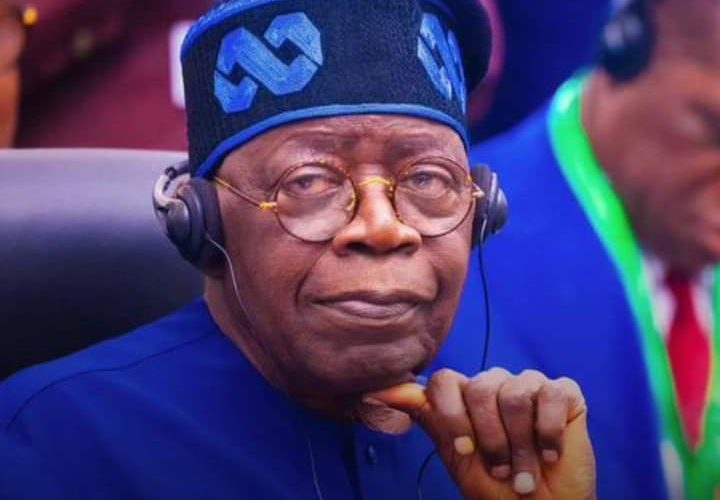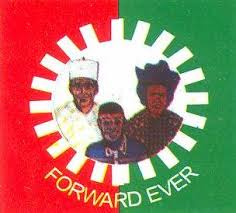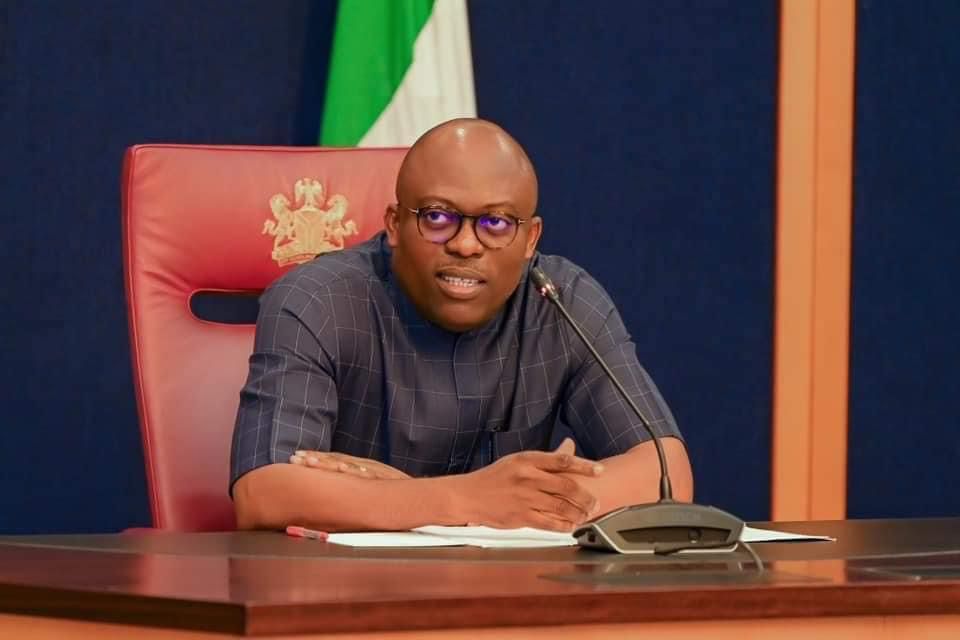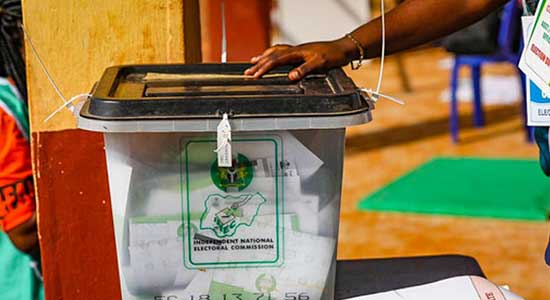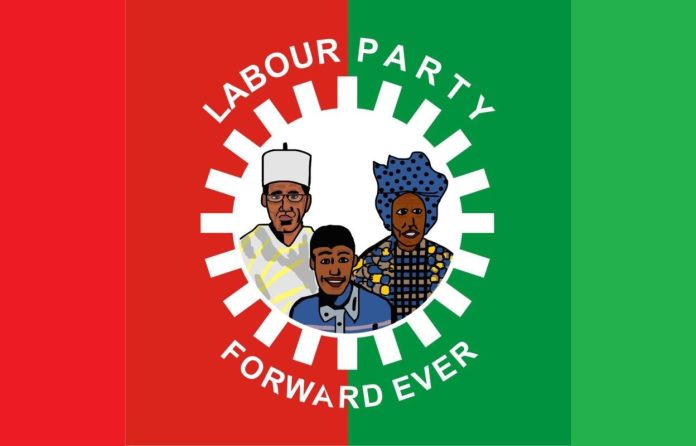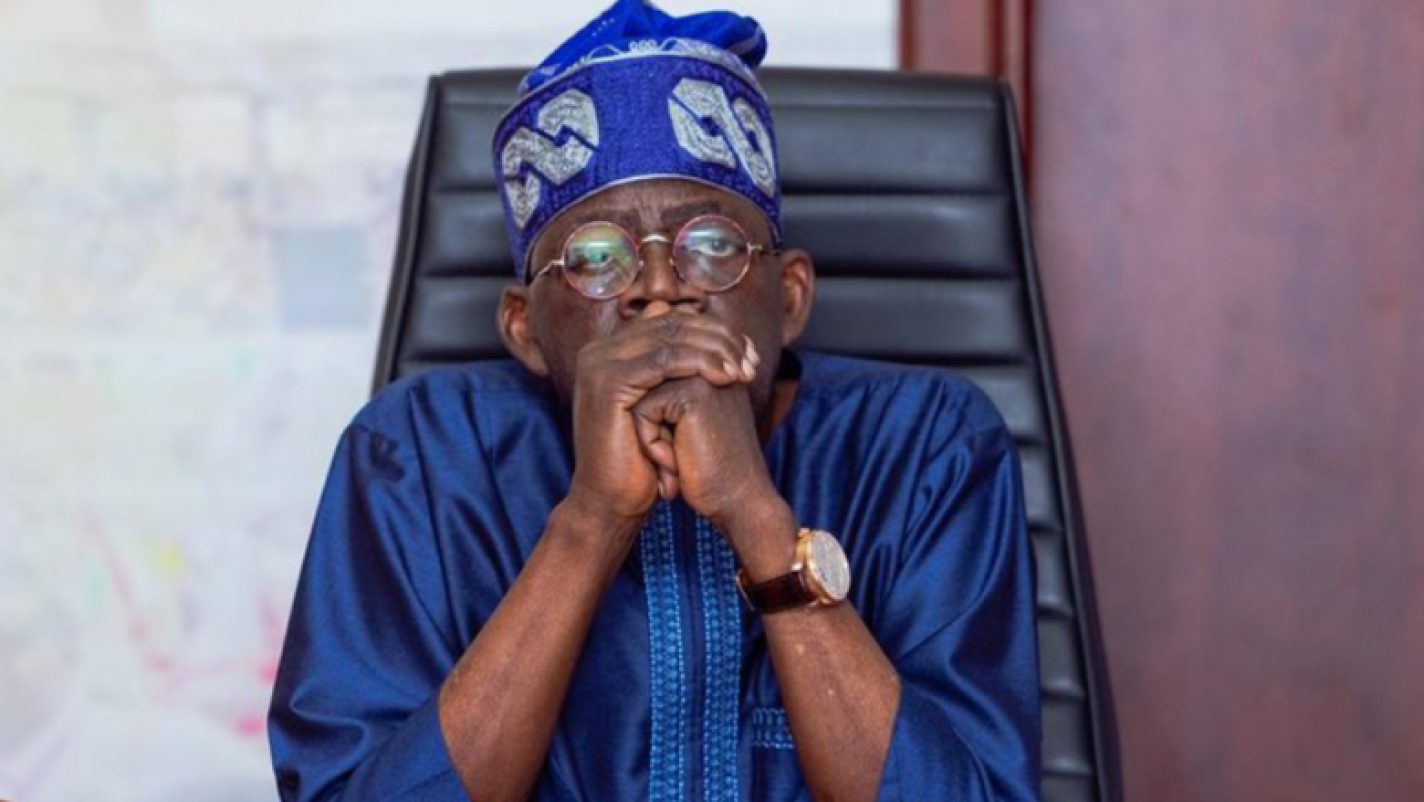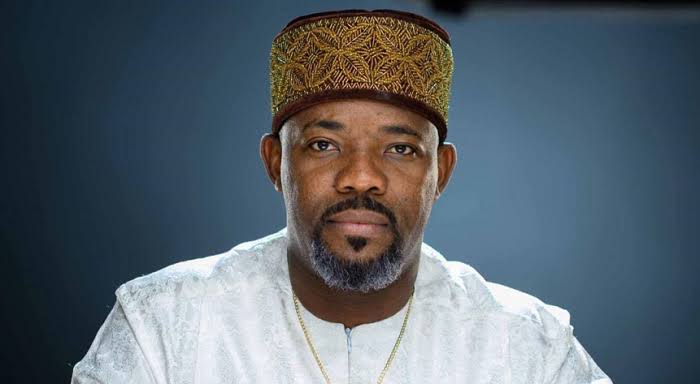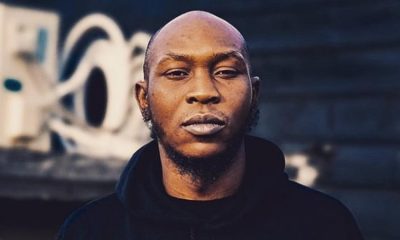It is reported that President Bola Ahmed Tinubu spoke out the words of the title of this piece. It will be heartwarming if he understands that the poor are not breathing in Nigeria, and he is determined to help them breathe.

When we discuss about the poor in Nigeria, we are not just discussing about the more than 93m citizens who are formally captured as living below official poverty lines. We are not talking only about the 134m citizens who do not have access to the barest basics of health, education, and recreational facilities in rural and urban Nigeria, or the additional 7.1m Nigerians that the World bank predicts will fall into deeper poverty because of government’s removal of subsidy and spikes in energy costs. When we discuss about the poor in Nigeria, it includes the millions who, though officially not poor, are continually exposed to plenty risks of such nature that if any of them crystalizes, they are flung into deep poverty. Poverty in Nigeria is not just numbers; it is pervasive vulnerabilities and incapacities.

Successive Nigerian governments have paid lip service to the question of acute poverty and inequality because in the eyes of an irresponsible state, poverty is basically a personal problem for millions left behind. Even the poor themselves do not seem to begrudge society as is done in other societies where increasing poverty often leads to violent conflicts. It seems that the Nigerian poor are a more charitable lot. But despite the social psychology of poverty in Nigeria, it remains a real threat to national prosperity and survival. Nigeria’s future is partly tied to her ability to drastically reduce poverty. Nigeria cannot have development and peace if, as illustrated by the Poverty Clock, more Nigerians are pushed into acute poverty than any other poor nation of the world. We do not have real guarantees of peace and prosperity, despite what constitutional texts may wish, if pervasive and acute poverty keeps rising every day. Nigerian reformers should consider effective assault against poverty as the cornerstone of strategic agenda to reverse their countries’ speedy race to economic and political failure.
There is a fatalism about poverty that needs to be cleared to develop real commitment to an effective antipoverty strategy. This fatalism is two-pronged. First, we think that somehow the poor deserve their fate. This may be an unspoken sentiment, but it beclouds and disarrays efforts to reverse rising poverty. Second, we often think that large scale poverty is probably the inevitable outcome of a commitment to wealth creation. So, misquoting Joseph Schumpeter, poverty is the result of ‘creative destruction’ that has spurred out immensurable growth and happiness. We cannot take the upside without the downside. The wheel of wealth inevitably spins impoverishment for the few. This is the catechism of some in the growth school.
READ ALSO: Will Tinubu Get Right Men?
But poverty is not an unavoidable or invincible threat. We are not bound to leave many citizens very poor. The sensationalizing of poverty masks the fact that it is a determinable result of the interactions between social actions and revisable social structures that sustain our social order. Structuralists err in reifying structure. Structure is not fate. We can always revise and recreate structures. But the political economy of doing so could be difficult to grasp or hard to implement. Global antipoverty activists often remind us that there is enough wealth in the world for none to go to bed hungry and poor. The problem is poor distribution. This may be a lot simplistic. But the truth is that poverty is not the work of nature, even when nature is harsh. It is a result mostly of inefficient and deliberately mischievous mismanagement of resources and opportunities.
Poverty is a management failure. It is the wrong understanding of human beings, society, and the relationship between them that leads to ineffective policy interventions. Poverty is mainly a social science problem. As the famous Nigerian social scientist, Claude Ake, observed in his book, Social Science as imperialism, social science can be the handmaiden of freedom or slavery. If poverty is a social construction, how do we begin to take real actions that can reverse poverty in Nigeria. The starting point for overcoming pervasive poverty is to acknowledge that the poor needs to breathe, thanks to President Tinubu.
One of the central questions of justice in political philosophy is whether the poor deserves social amelioration through special public interventions. Distinguished political philosopher, John Rawls, attempted to theoretically justify the welfare state by constructing a theory of justice that is predicated on an egalitarian principle of fairness. In his view, justice requires that everyone should have equal access to the most expansive basic equal rights. The key point is equality. Equality prescribes that the minimum requirements of all should be achieved before resorting to meritocracy of any sort, even if this requires significant transfers of wealth from the very rich to the very poor through taxation. There are contrary theories of justice, especially those chiefly promoted by Robert Nozick, that argue that justice requires that no one be expropriated through taxation to make another good. Despite these philosophical arguments about the moral obligation of the state in matter of wealth distribution for poverty reduction, modern economics today recognizes, as eminent economist, Dudley Seer, puts it, that improvement in the wellbeing of the poor is the ultimate measure of development.
If your development is not lifting the poor out of poverty, then you are not developing. The Chinese economic miracle is authenticated by its ability to lift hundreds of million from poverty. Between about 2002 to 2012 Nigeria’s GDP growth was about 7% annually, close to China’s growth of about 9% for more than two decades. While China’s growth resulted in job creation and hundreds of millions taken out of poverty, Nigeria’s growth resulted in loss of jobs and increase in poverty. As I will argue later, the difference is state-society relation that directed the sort of policies deployed in China’s emerging market economy. As Joseph Stiglitz noted in his address to World Bank-IMF annual meeting, development requires transformation. If you do not change the structural relationship in the society, you cannot develop in the manner that China, South Korea or Japan did. Unlike Nigeria, China deployed different growth strategies that benefited most of its citizens and got positive results.
For Nigerian government to let the poor breathe, the prevailing view of its policymakers matters. Neoliberal economic theory of the market and the role of government often obscures the pathways to poverty and out of it. The fanciful idea that there is a natural market and effective economic policymaking in the context of an undeveloped economy like Nigeria requires fidelity to the same set of institutions prevailing in the advanced western countries is nothing but fanciful. As Ha-Joon Chang of Cambridge University once put it, quoting Frederick List, the developed countries grew wealthy by climbing through the ladder of alternative economic policymaking contrary to the ones prescribed in the so-called Washington Consensus.
Yes, there is only one way to overcome poverty: economic growth. We cannot dent poverty profile in Nigeria if we do not grow the country exponentially. The evidence is compelling that all pathways to poverty reduction comes through rise in productivity. Nigeria must become a highly productive economy. We must ensure that the ethos of public leadership is rooted in a community to ensure that we produce more at less. As with Deng’s China, there should be a mantra of economic growth. Ensuring that we grow at least 7% per annum should be an overriding consideration. But economic growth is a necessary but not sufficient condition for significant poverty reduction to occur. It matters the nature of the growth.
Sustained economic growth will not happen without structural change. We must change the institutional underpinning of economic and social transactions. These are the incentives for the social behavior that leads to productivity which for want of a better work we call ‘economizing’. Productivity is a result of the interplay of many factors, including social beliefs and laws and norms. Nigeria has a productivity crisis arising from the nature of its constitutional order which emphasizes privileges and prerogatives and enthrones neo patrimony. Constitutional texts are not mere legality. They are signals and incentives for economic and social behavior. When your constitution prescribes sharing in a manner that does not encourage production, then it will breed lack of productivity and poverty. When your constitution smoothers egalitarianism and enthrones inequality, you are constraining enterprise. This will lead to low growth. It is time to review the constitutional foundations of our economy to create the sort of egalitarianism and meritocracy that enables growth-enhancing economic behaviors.
There is a path-dependency to Nigeria’s perennial economic crisis. As Buhari’s Finance Minister rightly observed, Nigeria’s huge debt crisis is a revenue crisis, which is a productivity crisis. Nigeria has a small economy for its population and its infrastructural and social needs. Nigeria cannot boost its productivity because it is not producing enough. It is not producing enough because it is shackled by its neo-feudal and pseudo-capitalist foundation. The Nigerian state, unlike the Chinese or South Korean state, is not committed to any productive quest apart from the capture of surplus value for elite political class, be it ethnic, religious, or social. Nigerian elites construct the Nigerian state to cater to their own exceptionalism and not to advance any modern developmental project. Extraction and consumption are the organizing principles of such states.
So, while current Nigeria economic policy elites, sourced mainly from the private sector, focus on mimicking market institutions in the capitalist west, they should remember that sustained growth on the scale of the Indo-European and Asian countries would be impossible except the state is constructed in the logic of the egalitarianism of western liberalism or the solidarism of Confucian Asia. Institutional transplantation without the cultural infrastructure of these successful economies will not lead to sustained economic growth.
But sustained economic growth if it happens may even worsen poverty considering the structure of the Nigerian economy and its politics. We have been on this path before, and the poor did not breathe. We had the high sounding National Economic and Empowerment Development Strategy (NEEDS) of the PDP government. It built an elegant edifice of neoliberal economic reform and decorated it with poverty reduction strategy. Unlike in China, NEEDS was a neoclassical economic argument about getting prices rights and fixing institutions, garnished with some tokenistic sprinklings of antipoverty interventions. It followed the prevailing logic of a favorable tide lifting the boats of the poor. The tide of economic growth did not lift the boats as predicted, because it flowed to the mainstream, not to the downstream.
But China took a different path. It did not get the prices or institutions right. It abandoned orthodoxy. As Yuen Yeun Ang argues, China escaped poverty because it wisely experimented with existing conditions in an adaptive manner that shunned the quest for best institutions and right pricing but rather focused on productivity that is grassroot-based. The central government directed improvisation at the local level in a manner that is technocratic, meritocratic and enterprise oriented. Deng did not map textbook market institutions on bad structure. There was co-evolution of state and markets to create a synergy that coherently transformed China. The key issue seems to be systematic rural industrialization that benefited the rural poor mostly. China’s industrial burst of energy happened regionally and enhance economic and social wellbeing in the rural communities. Poverty reduction strategies were not add-ons to cushion the impacts of disruptive economic reform. They were the centerpiece of China’s economic reform.
In China, economic growth went together with rural development. According to the NBS, Nigeria’s poverty is mostly a rural phenomenon, 72% of rural Nigerians are poor compared to 42% of urban poor. Across the country, rural governance is non-existence. Nigeria’s patrimonial state has swallowed the local government. The hinterlands now feed the people at the government houses while the rural population starves. Unless there is a deep democratization at the local government level, together with an entrepreneurial leadership at the center revising and reforming local conditions to free the people from poverty and indignity so they can be productive, we cannot have sustained poverty-reducing growth. Deep local democracy, built around transparency and accountability on resource management, is a foundational pillar of an effective poverty fighting measure. This should be the heart of restructuring. The logic of governance should be to let local resources be optimized for production, not for extraction by ruling elites.
Letting the people breathe requires in the minimum a political economy that allows the poor to get the benefits of economic growth. The Nigerian constitution wisely argues in Chapter 2 for a welfare state with socioeconomic rights that will countervail the dialectics of neo patrimony and neo-feudalism. But the neo-feudal forces reversed everything by making the fundamental objectives of state policy judicially unenforceable. This incoherence is enough to guarantee that economic growth will not reduce poverty as the Nigerian state is under no enforceable obligation to provide for the wellbeing of the people. Unlike in India and South Africa, a jurisprudence lacking in creativity has further stifled the possibility of societal transformation for the benefit of the Nigerian poor.
It is illustrative that all the many Nigeria’s, sometimes, needless constitutional reviews have never tried to give teeth to the declaration that Nigeria is a welfare state by legislating minimum basic socioeconomic wellbeing for Nigerian people. Surely, in the context of institutional and historical determinism, it is only a truly welfare state that can allow the poor to breathe. But the logic of the Nigerian state and its instrumentation over the years do not need the poor to breathe.
Sam Amadi




